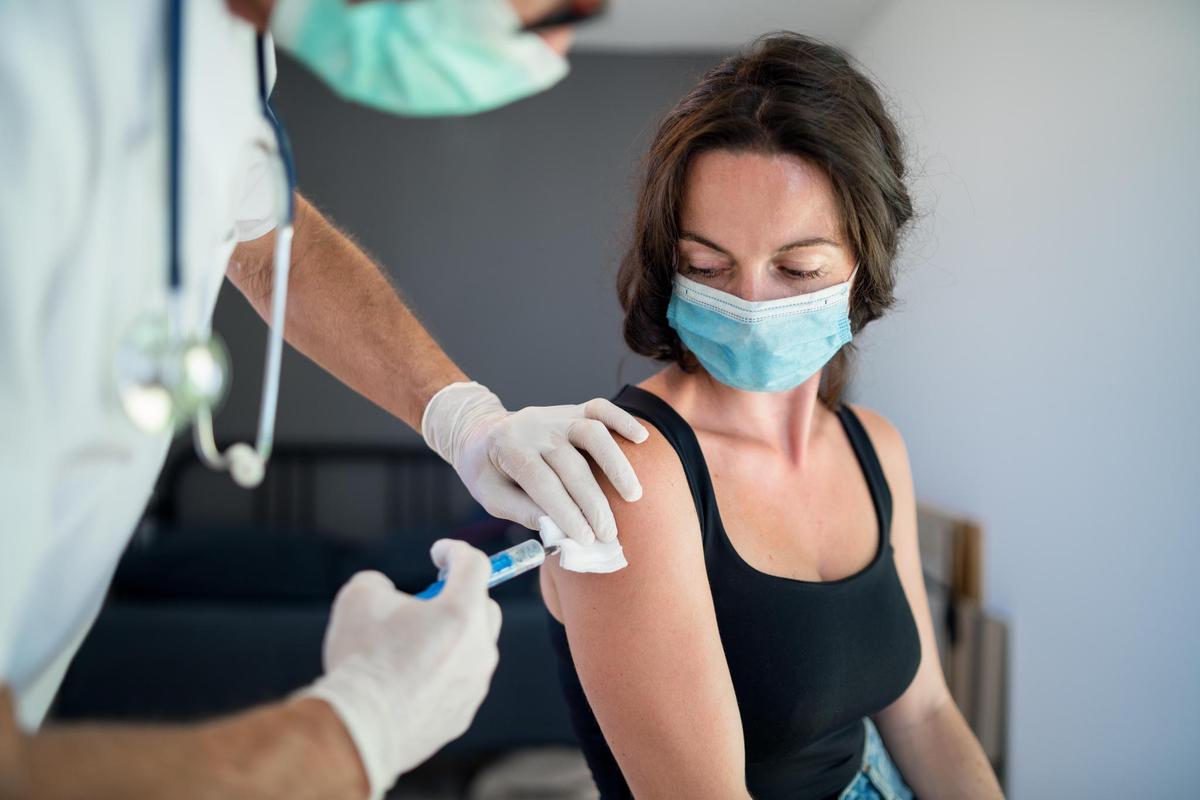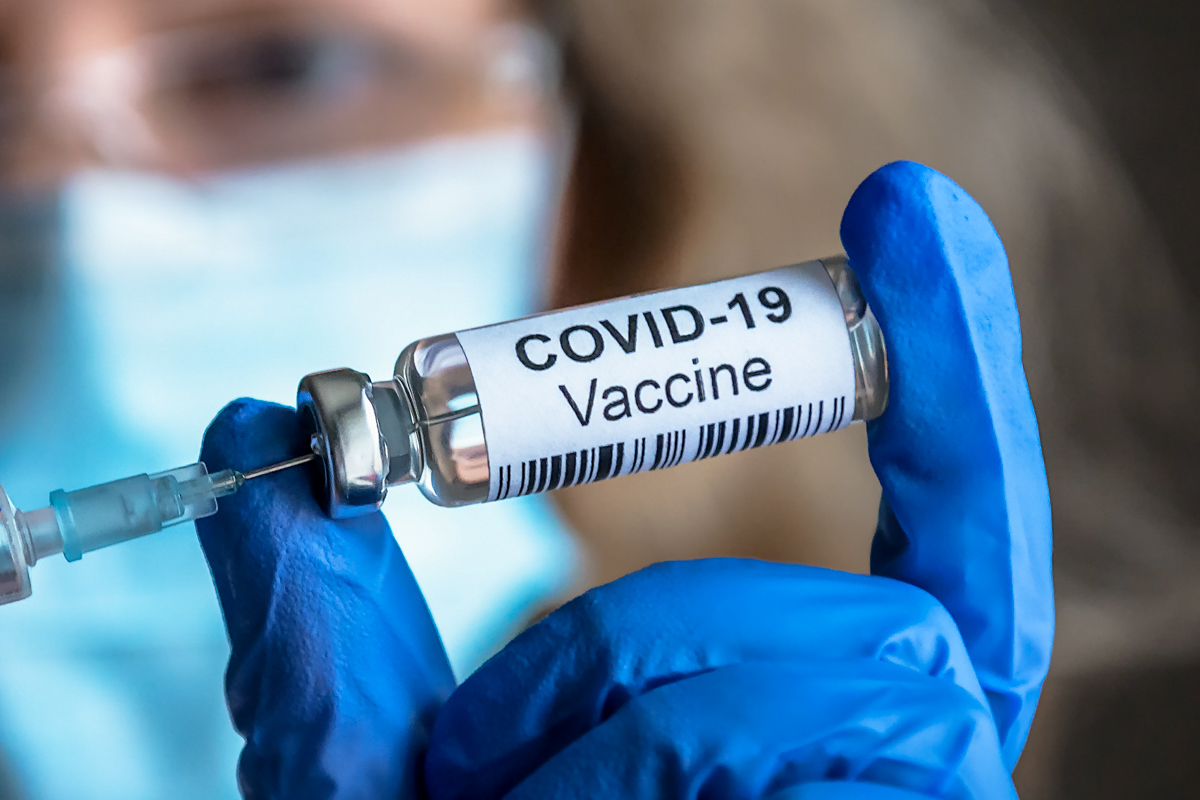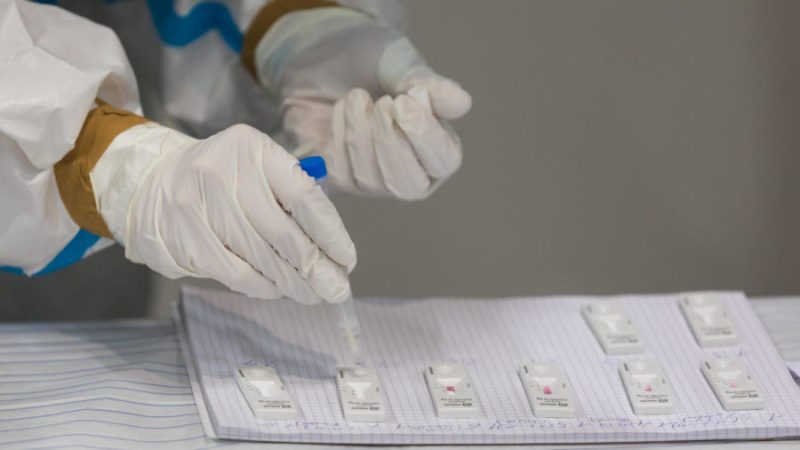
COVID-19 Poses Much Larger Blood Clot Risk Than Vaccines
Following the rollout of COVID-19 vaccines, concerns quickly arose over whether they could increase the chances of deadly blood clotting events. Now, a huge study involving over 29 million people has found a slight increase in the risk of blood clots following both the Oxford-AstraZeneca vaccine and the Pfizer-BioNTech vaccine – but that the risk of these events is far greater following infection with COVID-19.

The study involved the patient data of over 29 million people between December 2020 and April 2021. The data was analyzed and compared based on the vaccine they received, whether they had COVID-19 and whether they had a hematological or vascular event.
The team discovered that shortly after receiving a vaccine, there was an increased risk of adverse events that led to hospitalization or death – although the risk was incredibly low. Conversely, there was a considerably greater risk of vascular or hematological events following infection with COVID-19, which also tended to be present for longer. The research, conducted by the University of Oxford in collaboration with other UK universities, was published in BMJ.
In all cases and in all adverse events, the risk was substantially higher after COVID-19 infection, often by multiple magnitudes. This is not to say the risk following the vaccine is insignificant, however, and the authors hope the research can be used by the public and healthcare officials to recognize the signs early and reduce fatalities.
“People should be aware of these increased risks after COVID-19 vaccination and seek medical attention promptly if they develop symptoms but also be aware that the risks are considerably higher and over longer periods of time if they become infected with SARS-CoV-2″ said Julia Hippisley-Cox, Professor of Clinical Epidemiology and General Practice at the University of Oxford and lead author, in a statement.
Out of the 29 million participants, 19.6 million had the AstraZeneca vaccine, 9.5 million had the Pfizer vaccine and 1.75 million tested positive for COVID-19 and had not received the vaccine. Among the total people vaccinated, 122,475 were admitted to hospital with some form of vascular or hematological event and 8,456 died in the 28 days following the jab. Both vaccines appear to be similar in risk, with the AstraZeneca vaccine slightly higher in some reactions but the Pfizer vaccine does pose a slightly higher risk of ischaemic stroke or “other rare arterial thrombotic event”.
It is important to note that these events are not directly linked to the vaccine and are a recording of specific events following a dose. Some patients had previous conditions that may have affected the results.
However, COVID-19 carried a significantly higher risk of the same events. Following infection, COVID-19 patients showed a 14x increased risk of thrombocytopenia (low blood platelet counts), compared to a 1.33x risk following the AstraZeneca vaccine. For venous thromboembolism (blood clots in veins), the risk was 13.78x following COVID-19 infection, compared to just 1.1x following the vaccine. Finally, with arterial thromboembolism (clotting in arteries), the risk was 6.55x following COVID-19, compared to 1.06x with the vaccine.

Combined, these results highlight a significant advantage to receiving the vaccine compared to becoming infected with the virus but provides insight to researchers about any adverse events the vaccine may induce.
“This enormous study, using data on over 29 million vaccinated people, has shown that there is a very small risk of clotting and other blood disorders following first dose COVID-19 vaccination. Though serious, the risk of these same outcomes is much higher following SARS-CoV-2 infection,” said Aziz Sheikh, Professor of Primary Care Research & Development and Director of the Usher Institute at The University of Edinburgh and a co-author of the paper, in a statement.
“On balance, this analysis therefore clearly underscores the importance of getting vaccinated to reduce the risk of these clotting and bleeding outcomes in individuals and because of the substantial public health benefit that COVID-19 vaccinations offer,” Sheikh concluded.
Let us know in the comments below whether you are getting vaccinated or not.
You May Also Like

The Cognitive Marvel of Brain Plasticity: How Your Brain Adapts and Grows
2023-10-17
Top 5 Tips To Fight Seasonal Depression (Part 2)
2023-01-18
